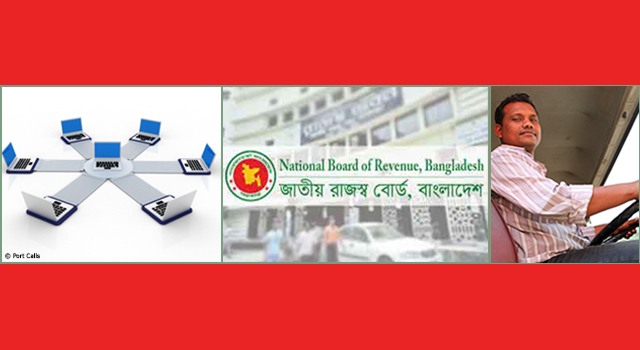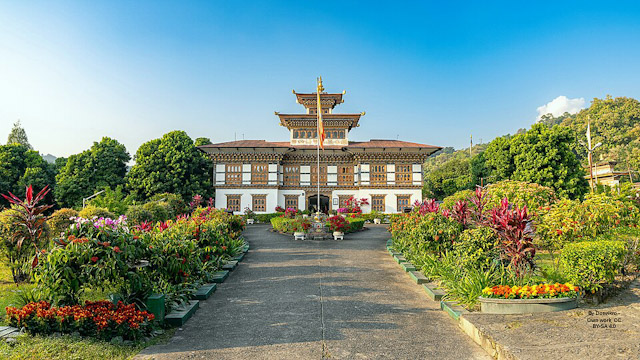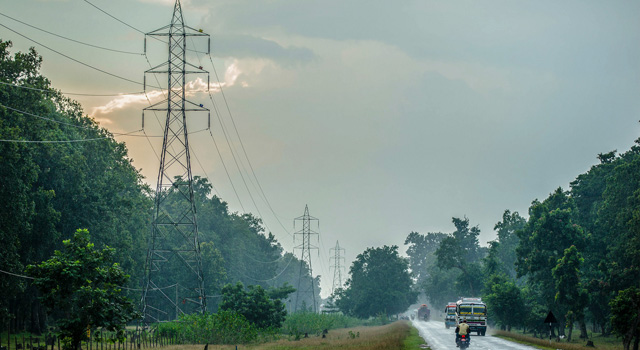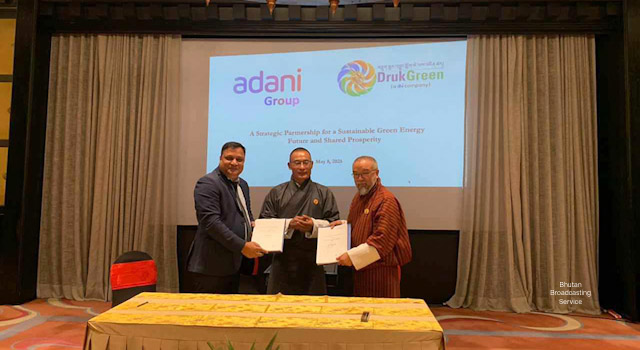
Fourth Session of UNESCAP's Transport Committee Focuses on Sustainable Development
15 October 2014
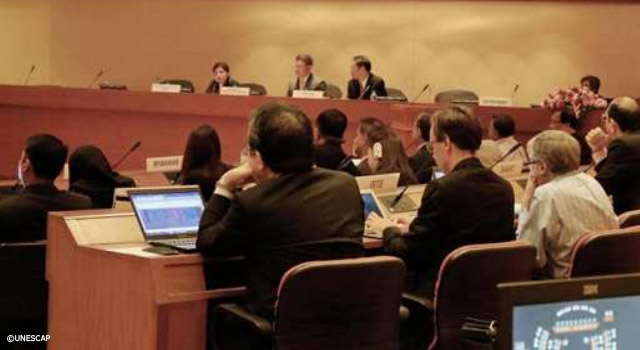
Integrating sustainable development into the Asia-Pacific region's transport sector was a key focus of the Fourth Session of the Transport Committee organized by the United Nations Economic and Social Commission for Asia and the Pacific (UNESCAP). The event, held on 15-17 October 2014 in Bangkok, Thailand, was attended by over 120 participants from 34 countries, and discussed key aspects of transport policy and initiatives promoted by ESCAP. In her opening remarks, Dr. Shamshad Akhtar, United Nations Under-Secretary-General and ESCAP Executive Secretary, highlighted that the 5-year Regional Action Program will focus on integrating sustainable development into the transport sector and enhancing regional connectivity.
According to Dr. Akhtar, as the global community transitions from Millenium Development Goals to Sustainable Development Goals, meeting the rising demands for safe, reliable, affordable, efficient and environmentally-friendly transport connections will be a key focus for the region, and can be achieved through establishment of an integrated intermodal transport network and logistics system.
Also included in the outcomes of the Session are the following:
- Discussion of transport developments at the regional, subregional, and national levels, and of ways to address common issues in regional connectivity;
- A joint plenary session between the Committee on Transport and the Committee on Information and Communications Technology, that emphasized areas of collaboration between transport and the ICT sector; and
- Endorsement of the Regional Cooperation Framework for the Facilitation of International Railway Transport to the Commission.
The Asian Development Bank (ADB), in partnership with UNESCAP, finances trainings on trade and transport facilitation for Bangladesh and Nepal, member countries of the South Asia Subregional Economic Cooperation. ADB is also supporting a feasibility study to pilot UNESCAP's Secure Cross-Border Transport Model along key trade corridors in Bhutan and India.




